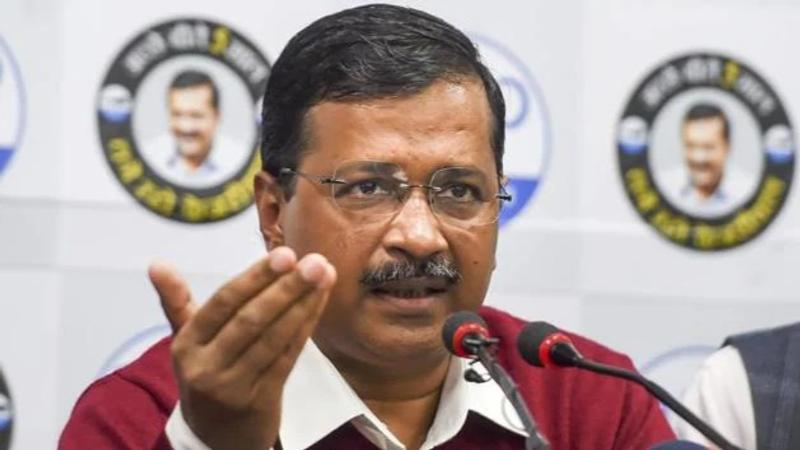Published 11:49 IST, September 13th 2024
Arvind Kejriwal's Bail Conditions: Here's What Delhi CM Will Not Be Allowed To Do
AAP supremo Kejriwal was granted bail in the case by a Supreme Court Bench of Justice Surya Kant and Justice Ujjal Bhuyan.

New Delhi: It's a big relief for Delhi Chief Minister Arvind Kejriwal after the Supreme Court granted him bail on Friday in the excise policy case, albeit with certain conditions. The ruling was delivered by a Bench comprising Justice Surya Kant and Justice Ujjal Bhuyan.
The Chief Minister surrendered on March 21 and has been in jail ever since. This decision comes six months after the case was reserved for judgment on September 5 and is being announced today. The Court also said, “completion of the trial (is) unlikely to occur in (the) immediate future.”
Arvind Kejriwal 's Bail Conditions
Delhi Chief Minister Arvind Kejriwal has been granted conditional bail in the Delhi Excise Policy Case on these conditions-
- Arvind Kejriwal will not make any public comment on the merits of the case. Conditions imposed in ED matters shall apply in this case also. (Point 3-6) He shall fully cooperate with TC.
- SC has directed to furnish a surety of Rs. 10 lakhs
- He shall not visit the Office of the Chief Minister and the Delhi Secretariat
- He shall be bound by the statement made on his behalf that he shall not sign official files unless it is required and necessary for obtaining clearance/approval of the Lieutenant Governor of Delhi;
- He will not make any comment with regard to his role in the present case; and
- He will not interact with any of the witnesses and/or have access to any official files connected with the case

During the hearing, Justice Ujjal Bhuyan called Kejriwal's arrest 'Unjustified.'
He said, "On necessity and timing of arrest, I have a definite point of view. Therefore, this separate opinion, while concurring with the view that appellant should be released. CBI's appearance raises more questions than it answers. It appears only after TC granted regular bail to appellant in ED case, that CBI became active and sought custody. It didn't feel need to arrest for over 22 months. Such action raises serious question on arrest itself and a view may be taken. As far as grounds of arrest are concerned, these would not satisfy necessity of arrest. CBI can't justify arrest and continue detention citing evasive replies. Accused can't be compelled to make inculpatory statement."
"I fail to understand the great urgency on part of CBI to arrest appellant when he was on cusp of release in ED case. Mr Raju vehemently argued that appellant has to first approach TC...it can't be accepted. Further detention by CBI under same predicate offense has become untenable. There is presumption of innocense. Bail is the rule and jail an exception. Courts must ensure that pre-trial process does not become punishment. Belated arrest of appellant unjustified. This court imposed several conditions in ED case. Though I have serious reservations on conditions which debarred him from entering Secretariat and signing files...I'd refrain from saying further…"
Updated 14:29 IST, September 13th 2024




